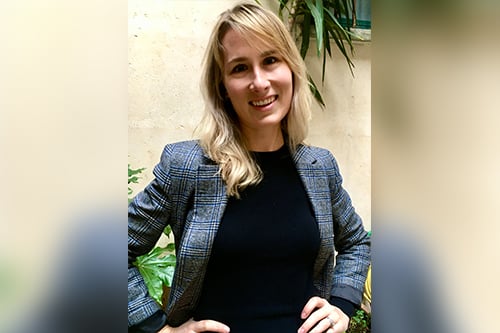

The following is an editorial by Alicja Grzadkowska, senior news editor at Insurance Business. To reach out to Alicja, email her at [email protected].
There’s no good time for a pandemic to hit communities around the world, but the continued spread of the coronavirus outbreak is now overlapping with catastrophe seasons that could become much more burdensome for individuals, businesses, and governments. Moreover, if the second wave of the outbreak does appear in the fall as some experts are predicting, another overlap of the pandemic with wildfires, hurricanes, and other natural disasters could again introduce new risks and challenges to insureds as well as insurance companies.
In the United States, hurricane season is already underway with Tropical Storm Arthur becoming the first named storm of 2020, and experts are warning that they see conditions similar to 2005 when a record 28 storms hit the Atlantic. This included Hurricane Katrina, which flattened New Orleans and killed 1,800 people. Canada has meanwhile already been hit with significant flooding in the province of Alberta where more than 1,000 buildings were affected by floods in Fort McMurray. Similarly, the UK faces the ongoing risk of floods, which AXA UK recently addressed when it recommended that considering recent flood events, careful consideration must be taken by governments and local authorities when making planning decisions, including reforming building regulations and maintaining a special Flood Re database.
In Australia, the 2019-2020 bushfires were some of the most catastrophic on record and climate change is unlikely to extinguish the risk of future intense wildfires, while New Zealand is continually exposed to earthquakes, floods and storms, and studies predict that severe storm surges will get even bigger around parts of South Island. The continent of Asia faces all these natural catastrophe risks as well, and the region’s tropical storm season has likewise already started.
The compounding of natural catastrophe and pandemic risks poses a great danger to individuals and businesses. Across Asia, the grounding of airplanes means that many are sitting ducks for tropical storms. In turn, insurers are bracing for unusually high damage since hundreds of aircrafts can't be relocated easily, reported The Jakarta Post.
For individuals, relocation likewise becomes a challenge if a wildfire, storm, or flood is heading their way. Vulnerable populations in particular are at risk since being forced to evacuate could expose them to larger groups of people in the midst of a highly infectious virus that is still circulating. The financial burden of dealing with property damage after a catastrophe passes through is not likely to be eased just because of the coronavirus. In fact, many people are already under financial strain due to job losses resulting from COVID-19, as are businesses and public entities, which could make rebuilding a longer and more difficult process.
During this time, and especially in advance of a major catastrophe, agents and brokers have a responsibility to remind their clients of the importance of flood insurance and risk mitigation strategies to protect properties from significant damage. It can be a tough conversation to have at the moment – no-one wants to put pressure on people and businesses to spend more money on insurance if they’re already struggling to pay their current insurance premiums and in general, maybe have less money in the bank than before the coronavirus hit. Deferring these conversations could, however, put clients in more risk over the longer term since the cost of rebuilding after a catastrophe is significantly more than paying for an insurance premium right now.
With clients dealing with the pandemic’s fallout, agents and brokers may have to use a wider range of methods to reach insureds. Sending an automated email might not be enough to grab someone’s attention when they’re probably seeing an influx of emailed communications related to the coronavirus.
Organisations are continuing to offer agents and brokers resources to start the conversation around insuring for natural catastrophes that professionals should make use of, as well as providing policyholders with information about the risks of facing a catastrophe during COVID-19. These include the Insurance Bureau of Canada; National Flood Services, the Private Risk Management Association (PRMA) and the National Flood Insurance Program (NFIP) in the US; and the Association of British Insurers, though there are many more for each region.
Alongside the work of educating themselves on how their various clients are impacted by COVID-19, insurance advisors have a duty to understand the unique risks of dealing with natural catastrophes and the pandemic simultaneously, and prepare their clients before it’s too late to mitigate and manage these exposures.
